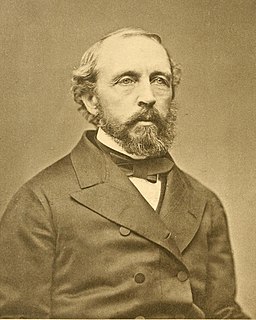A Quote by Michel de Montaigne
The lack of wealth is easily repaired but the poverty of the soul is irreplaceable.
Related Quotes
When you read Marx (or Jesus) this way, you come to see that real wealth is not material wealth and real poverty is not just the lack of food, shelter, and clothing. Real poverty is the belief that the purpose of life is acquiring wealth and owning things. Real wealth is not the possession of property but the recognition that our deepest need, as human beings, is to keep developing our natural and acquired powers to relate to other human beings.
Let us look at wealth and poverty. The affluent society and the deprived society inter-are. The wealth of one society is made of the poverty of the other. "This is like this, because that is like that." Wealth is made of non-wealth elements, and poverty is made by non-poverty elements. [...] so we must be careful not to imprison ourselves in concepts. The truth is that everything contains everything else. We cannot just be, we can only inter-be. We are responsible fo everything that happens around us.
It is true that so far as wealth gives time for ideal ends and exercise to ideal energies, wealth is better than poverty and ought to be chosen. But wealth does this in only a portion of the actual cases. Elsewhere the desire to gain wealth and the fear to lose it are our chief breeders of cowardice and propagators of corruption. There must be thousands of conjunctures in which a wealth-bound man must be a slave, whilst a man for whom poverty has no terrors becomes a freeman.
In today's world, people experience two types of poverty: the poverty caused by lack of food, clothing and shelter, and the poverty caused by lack of love and compassion. Of these two, the second type needs to be considered first because if we have love and compassion in our hearts, then we will wholeheartedly serve those who suffer from lack of food, clothing and shelter.
Government programs aim at getting money for poor people. Our hope was that knowledge would in the long run be more useful, provide more money, and eventually strike at the system-causes of poverty. Government believes that poverty is just a lack of money. We felt, and continue to feel, that poverty is actually a lack of skill, and a lack of the self-esteem that comes with being able to take some part of one's life into one's own hands and work with others towards shared-call them social-goals.







































